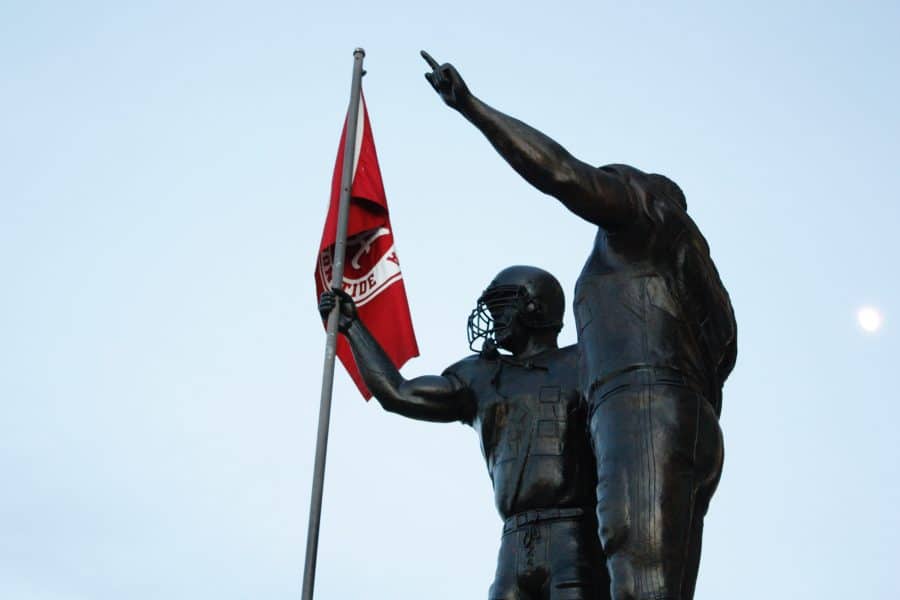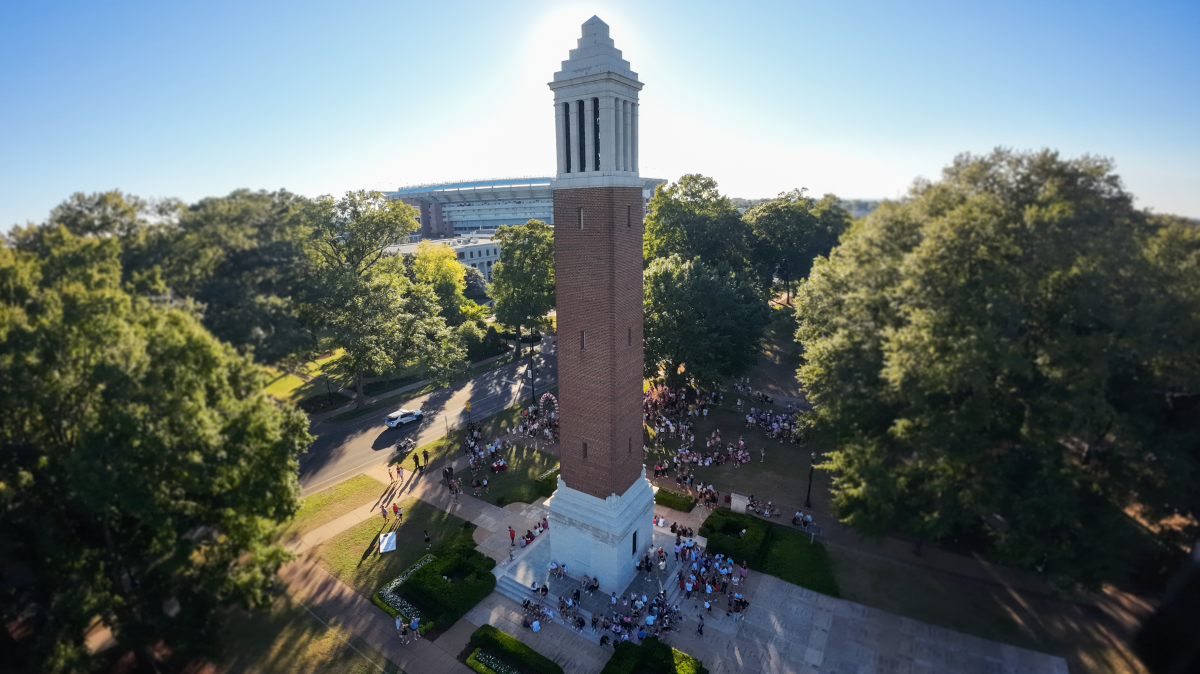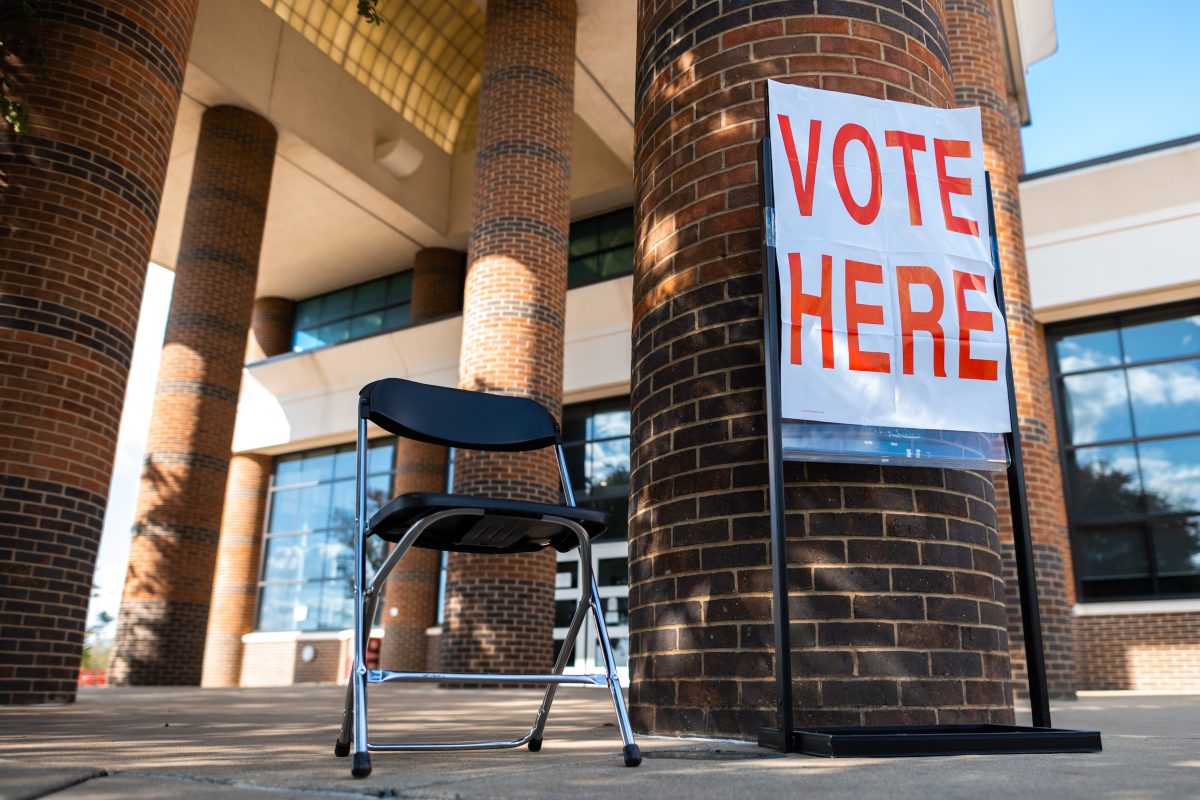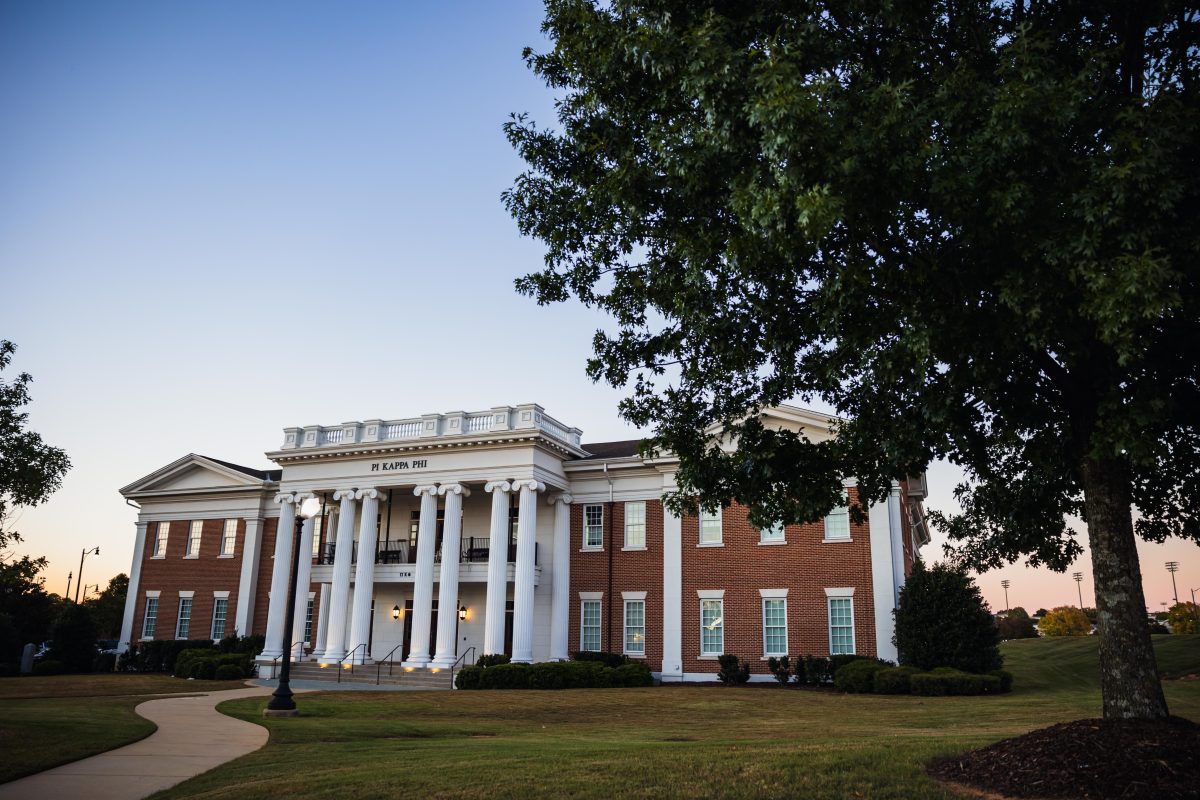Holding a capacity of 101,821 fans, Bryant-Denny Stadium can get hectic as a cluster of crimson, white and houndstooth flow in. Hosting a top-ranked football team, it is one of the largest stadiums in college football bringing in a large number of fans for every University of Alabama home game.
As a potential added security measure for the stadium, UA tested the use of metal detectors at selected gates upon entrance on Saturday’s home game against Mercer.
“Any stadium that attracts a fan base of that size, any type of enhanced security is always a positive,” said Monica Watts, associate vice president for communications in the division of strategic communications.
Watts said there were no issues with current security in the stadium. This was just a way to try to help security on campus in regards to game day because UA is always looking for ways to improve and enhance security.
“This is a proactive effort to just test increased security procedures at the stadium,” she said. “We’re continually exploring ways to increase security around game day events for our fans and our visitors.”
Ralph Clayton, assistant vice president for public safety, said the University really wanted to work hard to ensure smooth flow into the gate access. They had additional staffing on hand at the entrance during the process, where each person came through and was asked to remove prohibited objects and hold them over their head before walking through the detectors. If an item was detected, then a secondary screener came with a wand, and if a prohibited item was detected, the person had to either dispose of the item or return it to his or her car before entering the stadium.
Some prohibited items in the stadium include weapons, umbrellas, artificial noisemakers, flags and banners, strollers, computers, video recorders, outside food and drink and coolers. Watts said metal detectors help UA enforce existing rules that are already in place about prohibited items.
“The trial use of metal detectors at Bryant-Denny Stadium went well,” she said. “There were no complaints from attendees, and the screening process did not appear to delay entrance to the gates where they were used. Campus officials will evaluate the results of this test and continue discussions about the possibility of any further implementation.”
Metal detectors are already set in place at other institutions and most all professional sports leagues require them, so this is something worth evaluating, Watts said.
“We’re just trying to be proactive and looking at every effort to ensure our fans’ safety as well as ensuring a great game day experience for the fans,” Clayton said.
Kayleigh Westbrook, a sophomore majoring in communication studies and political science, went to the game Saturday but did not pass through a metal detector because she said none of them were set up at student gates. She does not know what gates were chosen for testing, however, she thinks implementing metal detectors will be helpful in the future for UA’s game day security because they can detect prohibited items that were missed in the initial bag search.
“I think sometimes when the crowds get super heavy, it’s hard for the people who are supposed to be checking bags and everything to check everyone’s bag,” she said. “So I think a metal detector could be good for things that are missed.”









